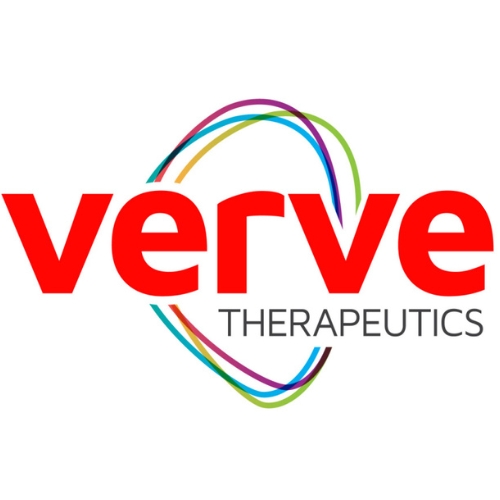Key points from article :
A groundbreaking gene-editing treatment for heart disease may be on the horizon, according to early results from a clinical trial conducted by Verve Therapeutics. In the Heart-2 Phase Ib trial, the company tested VERVE-102, a one-time therapy designed to permanently switch off the PCSK9 gene in the liver. This gene plays a key role in regulating LDL cholesterol (LDL-C), the so-called “bad” cholesterol that contributes to heart disease.
In the study, VERVE-102 led to impressive reductions in LDL-C—on average, a 53% drop, with some individuals seeing reductions as high as 69%. The treatment was well-tolerated by all 14 participants, who had either familial hypercholesterolemia or premature coronary artery disease, both conditions associated with dangerously high cholesterol levels. The therapy uses base editing, a precise form of gene editing, delivered in a single IV infusion.
Dr. Eugene Braunwald, a renowned cardiologist and professor at Harvard Medical School, described the data as “promising,” pointing to the potential for a once-only treatment that could replace the need for daily pills or repeated injections. This is significant, he noted, since many patients stop taking traditional cholesterol-lowering medications within a year.
Verve’s CEO, Dr. Sekar Kathiresan, called the results a step toward realizing the company’s original vision: a “one dose future” for lifelong cholesterol control. With these encouraging early results, Verve is now preparing to expand the trial in several countries, aiming to begin Phase II testing in the second half of 2025.






